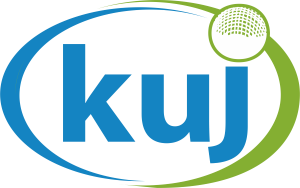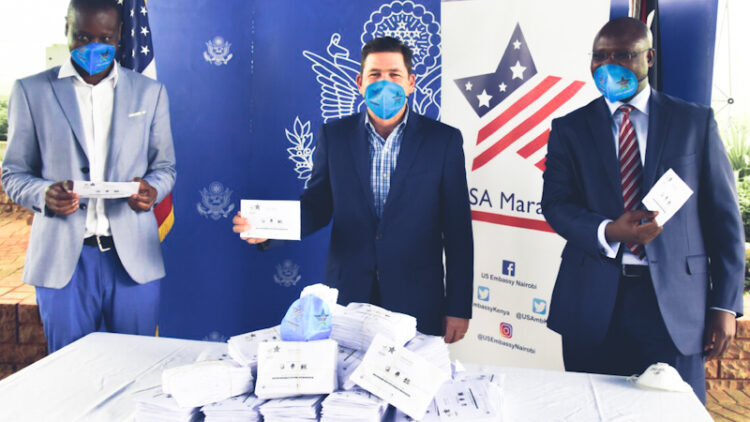KUJ Supports Journalism During the Coronavirus Pandemic
The first case of coronavirus was reported in Kenya in March 2020, leading to far-reaching measures to contain the spread which impacted heavily on the work environment in the Kenyan media industry.
The disruption forced pay cuts, suspension of contracts, especially for correspondents working in rural areas who hitherto remain vulnerable and need support to continue churning stories to keep the public informed.
Employers went on a cost-cutting spree, leaving the majority of journalists on short-term contracts out of work or under altered terms of service.
The disruption ignited unprecedented calls for support from journalists whose source of livelihoods had been disrupted, but the call to keep the public informed of what was happening could not allow them to drop the pen.
As a result, KUJ through support from the Media Council of Kenya (MCK) enhanced its financial support which was channeled to Nakuru, Mombasa, Kilifi, Eldoret, Kisii, Meru, Kakamega, Busia, Vihiga and Bungoma KUJ Chapters to provide the needed support to 114 journalists to do their work effectively under the Union’s capacity building thematic area.
Western Chapter that comprises Kakamega, Busia, Bungoma and Vihiga, 40 community journalists were reached through relief food and monetary support.
In Kisii and Migori, the chapter prioritized food relief for their fellow journalists. 14 needy journalists benefitted from the kitty.
Meru Chapter consists of 29 members, was able to provide direct cash relief to six journalists, and a subsidy to 16 journalists to encourage non-members to be registered as members. The funds helped them in the purchase of data and airtime while working from home.
In Mombasa and Kilifi, priority was given to ten members to clear their rental debts.
On the other hand, 18 journalists from Kisumu, Homa Bay, Migori and Siaya received monetary support with 10 receiving grants to purchase data for sending their stories.
Our KUJ Gusii Chapter prioritized in doing good for their needy fellow journalists. The basic items will last them for a few days as they keep doing their best in informing the public. 14 needy journalist benefitted from the kitty. pic.twitter.com/1rz8l03wyu
— KUJ Kenya (@KUJ_Kenya) June 24, 2020
Capacity building
During the period, KUJ carried out advocacy works by holding sessions with KUJ Chapters spread across the country and generated recommendations and practical guidance on how to address the challenges that journalists were facing. These included regular online meetings with the chapter officials who shared status reports.
It was established during regular consultative forums that the majority of journalists spread across the country, Nairobi included, were working in a difficult environment that changed their approach to stories and needed solidarity and continuous support during this difficult period.
This helped in mapping and clustering journalists in order of priority to help in crafting interventions to ensure fairness and accountability.
During the period, with the support from the US Embassy in Kenya, we were able to provide face masks to over 500 journalists in Nairobi, Western Chapter, Kisumu, and Kisii.
“Kenyan journalists and media professionals the world over play a key role in informing and updating us on the coronavirus pandemic. They go to great lengths, risking their health to gather the data and stories to inform the Kenyan people of the pandemic. We are proud today to help protect journalists, the fourth pillar of a strong democracy, and help flatten the curve,” said the U.S. Ambassador to Kenya Kyle McCarter when he presented the donations to officials from the Kenya Editors’ Guild (KEG), the Kenya Union of Journalists (KUJ), and the Media Council of Kenya (MCK).
“We have more than 166 vernacular radio channels employing more than 600 journalists across the country. We will make sure the facemasks reach the county-based journalists and correspondents,” said Eric Oduor, KUJ Secretary-General of the Kenya Union of Journalists.

